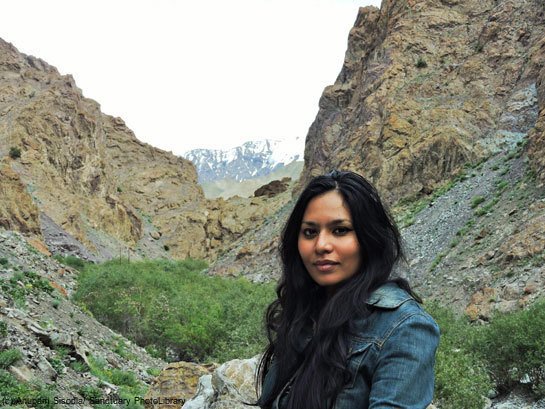2020: A year of challenges, frustrations, and learning
This year has been replete with challenges. Many people have had to fend for themselves and done chores they have never done before. It has therefore been a year of a great learning curve. Here are three life lessons learnt from the pandemic.


When I look back at 2020, I think the year went something like ‘January-March-April-May-May-June-June-June-July-July-July-July’ and a never-ending second half of the year. At the end of the year that seemed like it would never end, we can finally hope a vaccine is coming and life will soon be somewhat normal.
2020 has been stuffed with challenges, garnished with the tang of frustration. There are many things we have done for the first time, with nearly no help. And so, this is also a year of learning. One of the biggest gifts that we can give ourselves at the end of the year is to hold on to some of these learnings – which will make us stronger for 2021.
Here are three of my favourite (and ongoing) lockdown learnings.
Overcoming the fear of failure
Regardless of who we are, we all have things we have never done before. I can’t laugh at someone who has never picked up a paintbrush before (though I practice watercolours) – and hopefully no one will laugh if I say I had never cooked dal before! This year, I chopped equal amounts of onions and my own self confidence as the very first bowl of dal I made turned out so dissolved and sloppy that it wouldn’t even pass for baby food. Taking instructions from a friend on my phone, I put in garlic while forgetting the ginger, used sesame in the place of rai, and donated my tears generously to the good cause of an onion and ghee tadka. It was miserable cooking in a hot July and August kitchen, and then swallowing that misery for lunch. Then, I told myself that I would no longer be afraid of failing. Certainly I would fail at many more dishes (my choley remained hard even after eight long whistles), but at least I wouldn’t be afraid of not being successful. The trick was to be regular and create muscle memory for the task at hand – and that could only be enabled in a no-fear no-hesitation environment.
I’m happy to report that while my kasuri methi choley are not world class, they do very well for my own class of pandemic cooking.
Inertness is a good thing, as long as we see it as good
We have all felt that we haven’t done enough in 2020, the year that followed no rules and had no precedent. Career goals, vacation goals, the number of steps to be walked in a day, mid-term goals – they all remained largely on paper. We felt we missed out, we envied the countries with fewer cases and restrictions.
But then, I realise that not being productive is also crucial to one’s health. Many plants in winter shed their leaves and tend to tuck in on themselves, a single main stem keeping them alive as they seem to sleep. Inertness is not a bad thing. Not doing anything can provide the background to doing many things, provided we see the inert, do-nothing times as spaces for recovery and reflection. Rather than being bitten by worry on what I missed out on, I counted the things I would do when things would be better. And with a bit more time on my hands now, I make sure I don’t waste any. Either I do something, or I power down to sink into a blissful, doing-nothing, no-anxiety, no-phone time.
Responsibilities are inescapable but can build our resilience and power
There are times when 2020 got the better of me and others I know. It’s hard to pursue hobbies if one has to also take care of them. Birdwatching is best done in the mornings, so you must be awake at 6 am. Plants need water, food, relocation as per changing seasons, and hoeing, so you must take care of them if you have any at all. I struggled to fulfil my responsibilities. I wondered if I should slip away from the things I had to do – office work, the chores, the watering of plants, the tending to so many other things. I did realise though that while they are sometimes no fun, responsibilities also provide flag posts to life. Learning to get through them efficiently is a challenge worth taking; and a practice run for other things to come.
And though I’m very tired at the end of this year, my plants are still flowering.
Photo by Kelly Sikkema on Unsplash.

